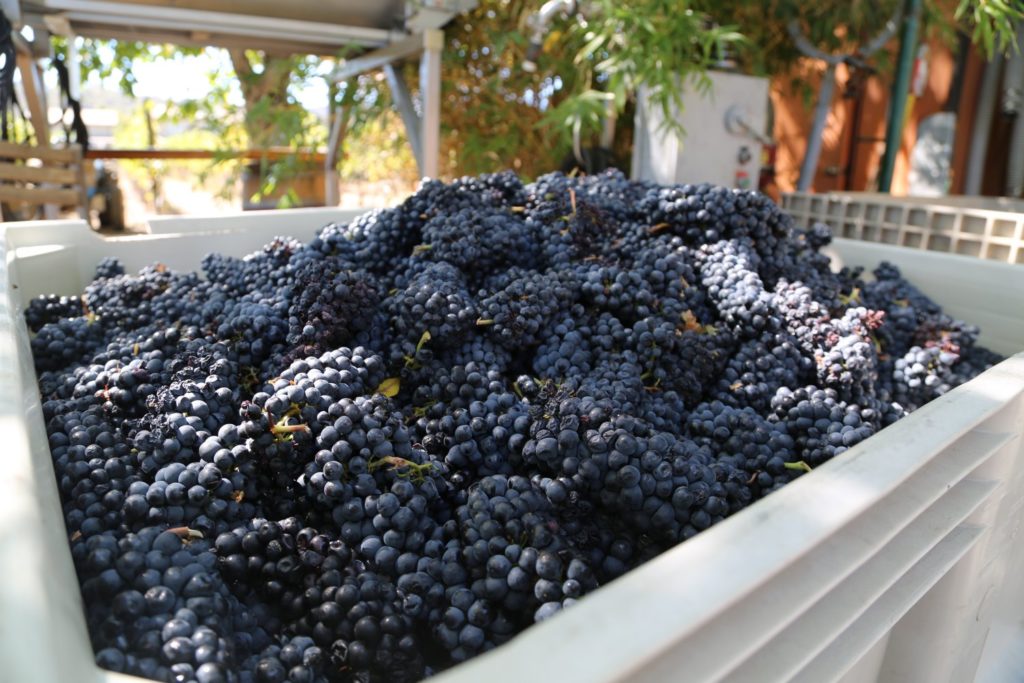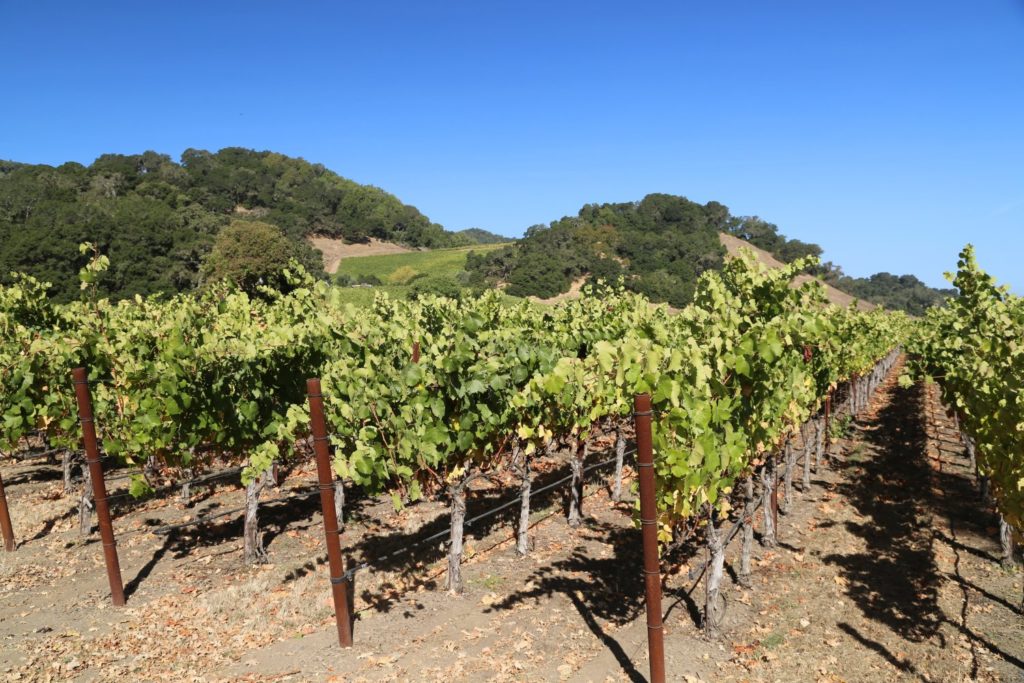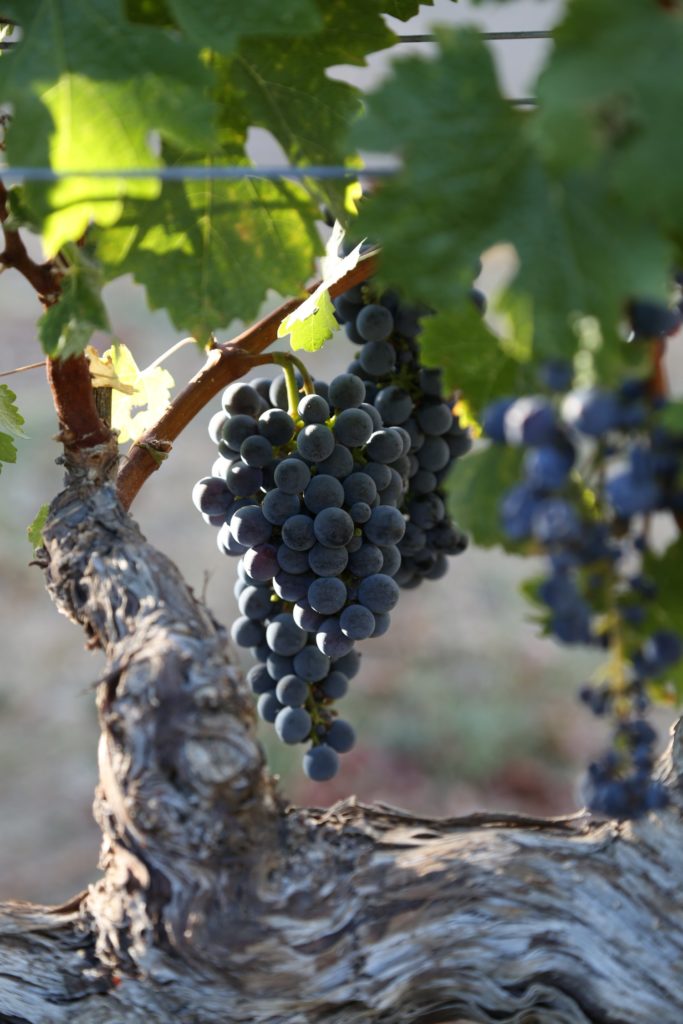Most wine fanatics wouldn’t have too much trouble differentiating a Bordeaux from a Napa Valley, as the two strains of French and Californian reds are worlds apart in their use of varying grapes and wine-making procedures. But for a vast majority of the uninitiated, pinpointing the country of origin in a blind-taste testing is as far as it goes. If you want to be the star of the next dinner party by distinguishing that the wine being consumed is in fact a 2009 Château Margaux and not a 2009 Château Petrus as another guest in attendance wrongly suggests, it may be time to step up your wine tasting game and examine the science behind it.
Being able to truly appreciate some of the unique flavors that originate from Napa Valley would be an additional bonus to achieving wine connoisseur status.
It’s Down to Psychology
It’s no secret that a huge number of Americans enjoy a glass of wine. In 2015, California shipped 229 million cases to the USA alone – but how many of those wine drinkers are experts at identifying varying vintages? It’s one thing having experience, but having the right experience is another matter. Of course, wine tasters must draw upon their knowledge of unique flavors and smells to identify a wine but often there are other important skills which come into play.
Aspiring wine connoisseur and poker champion George Danzer believes that the trick to becoming adept at identifying wines is by years of practice, but also a smidgen of good fortune. He notes how he got lucky at a wine tasting competition when faced with some wines that he actually knew, and compared this with encountering familiar players in poker tournaments whose games he could read. Here, the poker pro highlights the importance of perception and memory to successful wine tasting – senses which are invariably heightened in the poker player and have driven forward his career.
As wine expert Angus Hughson points out, “the outcome of wine tasting depends as much on the psychology of the taster as on the psychochemical characteristics of the wine.” In this way, the seemingly disparate nature of poker and wine tasting are actually not so unrelated after all. Essentially, wine tasting draws upon a whole host of psychological traits such as analytical ability, sensitive perception, methodical proficiency and memory.
To be a Specialist
True wine specialists and winemakers must make use not only of their sensitive palates, but also their extensive knowledge of vineyards throughout the world to ascertain the country, region, vintage, and winemaker responsible for the drink in question in a competition. The specialist sommelier is thought by some, including Sommeliers Australia, to be on a par with the head chef of a restaurant in the technical and strategic know-how required for the job.
Some believe that even the most prestigious of experts make mistakes, though. Will Lyons, a wine tasting veteran of 20 years, deems that even a high-profile and experienced critic can occasionally get it drastically wrong and be made to look like a rank amateur. But on the other side of that coin, acing a blind tasting with 100% accuracy is certainly an achievement worthy of a double-fisted pump in the air.
Alex Russell contests that there is a science behind the process of wine tasting. He succinctly states that “there is no receptor for passion fruit” and says that during the smelling and tasting process the receptors in the brain decipher and decode complex signals to tell us exactly what we smell. So is there a science behind the art or does success in wine tasting simply come down to years of practice? Could it perhaps be a combination of these factors?
Taking your Wine Tasting Skills to the Next Level
These experts in their fields have been around long enough to garner the much-needed experience required to be the best. But are they born with the innate ability as well or can anyone learn how to sharpen up their palates and begin recognizing wines on a higher level?
Lyons says that if you want to get serious about wine the first step is to “taste, taste, taste.” In his recent article for the Wall Street Journal, he also notes that there is only so far you can go once you have exhausted your local wine shop’s supplies. If you are serious about wanting to become more than just someone who can single out grapes but may not be able to pinpoint vintages accurately, Lyons advises that the next step to bettering yourself would be to sign up for a certified course and gain official accreditation.
The Court of Master Sommeliers Americas runs courses in over 25 different locations throughout the USA. They are suitable for all levels, with varying classes running from introductory all the way up to the Master Sommelier Diploma. Once you have passed all four examinations you will be a master sommelier and then you may wish to partake in blind wine tasting competitions or visit tasting sessions at vineyards. You would also be qualified to work for prestigious hotels and restaurants.
Courses like these help wine aficionados learn about the science behind wine making, and how to zone your palate in on acidic notes and subtle tones. But as the likes of Lyon, Danzer, and Parker will attest to, the real path to mastery comes about through decades of devotion and dedication.



